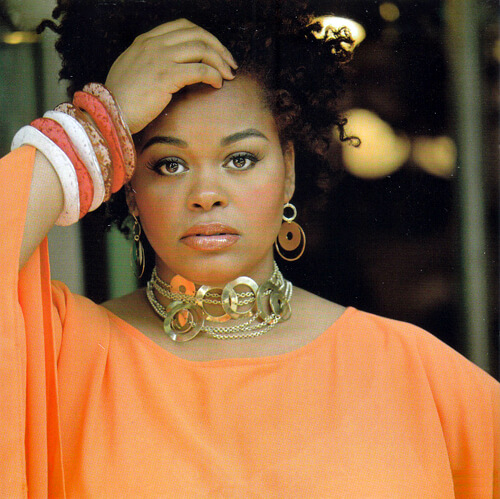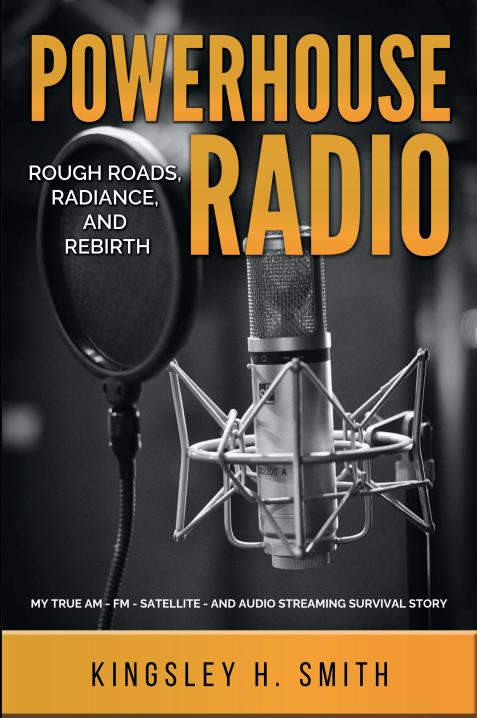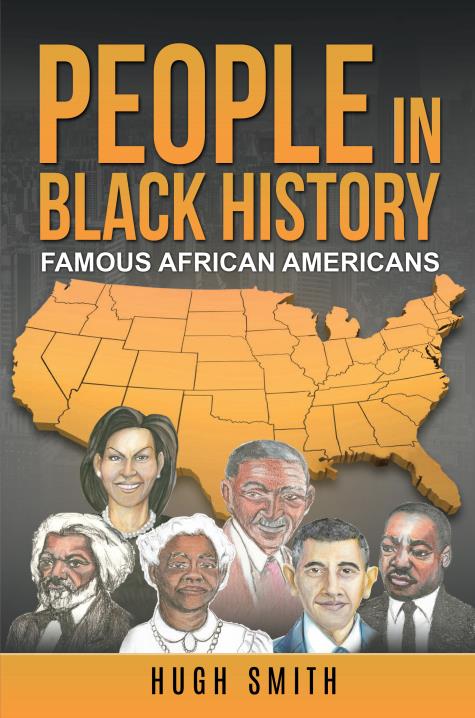0 Jill Scott In Her Own Groove
- Review
- by Kingsley H. Smith
- 09/16/2015

Jill Scott has paid her dues. Scott's slow to medium tempo tunes don't compete with dance floor favorites. They don't have too. It doesn't matter.
The living my life like it's "Golden" lady has carved out her own niche. You should enjoy this Jill Scott feature below:

Woman: The confessions of R&B singer Jill Scott below was written by Hiram Lee and originally appeared at wsws.org.
----------
American R&B singer Jill Scott has been making music for 15 years now. In addition to her successful singing career, she has also written poetry and appeared in a number of films, including the interesting James Brown biopic Get on Up (2014).
While not quite a household name like fellow R&B performers Beyoncé, Alicia Keys or John Legend, Scott has garnered a significant following and earned the respect of her peers. Her new album Woman debuted at number 1 on the Billboard charts when it was released in July.
Born in 1972 in Philadelphia, Pennsylvania, Scott was one of several R&B singers to emerge at the end of 1990s and in the early 2000s as part of the so-called "neo-soul" movement.
While maintaining connections to hip hop, these performers (D’Angelo, Raphael Saadiq, Erykah Badu and others) took most of their cues from classic soul and R&B. Marvin Gaye, Al Green and Donny Hathaway were significant reference points.
Scott’s early singles "A Long Walk" and "Gettin' in the Way” epitomized the neo-soul style. They featured rich bass guitar lines that wound their way in and out of the path of strutting drums and the always shimmering electric piano. One was struck by the flexibility and warmth of Scott’s voice.
Her latest work is tougher. Though some songs hark back to her earlier recordings, the new material is less relaxed, less "cool." There is less jazz, perhaps, and more blues.
Among the most successful songs on Woman are those done in collaboration with producer/writer Aaron Pearce. "Run, Run, Run," is a propulsive R&B number that digs in and grabs the rhythm with both hands.
Scott belts it out, but never puts on pretenses—she doesn’t use her songs as mere vehicles to demonstrate her vocal prowess.
The fast-paced number, with its relentless bass guitar thumping away the seconds of an exhausting day, recounts the story of someone "overworked, underpaid" who has to keep going all the same.
"Gotta put food on the table," sings Scott. The narrator is pulled along by her tasks (and the music) almost in spite of herself.
"Can't Wait," co-written and produced by Andre Harris, is something of a companion track. Its most memorable verse sees Scott singing, "We all running the same race/Just to pay some bills/Staring monsters in their face (with grace)/You’d be so proud/Money made, bills to be paid/Like each and everybody/But baby I need and I need you."
There is at least a touch of the real world in songs like these, a hint of the pressures bearing down on working people.
Not all of the songs are so meaningful, however. For all her talents, Scott has a tendency to get in her own way at times. Her spoken word interludes ("Wild Cookie," "Say Thank You," "Lighthouse") are pretty weak and delivered with a little too much self-importance.
"Prepared" goes even farther in that direction. The song comes to us in the form of a disjointed series of confessions, large and small. It provides a snapshot of the artist's thinking and day to day concerns, which, in this instance at least, prove to be regrettably narrow.
"I’ve been reading my old journals," sings Scott. Among the more banal observations that follow, Scott informs us that she's "been eating more greens." "I've been getting recipes off the internet," she sings later. "I let the queen inside—I let her shine," she adds. "I've been listening for God more, I've been doing my chores," she assures us.
What can one say about a song that treats matters as small as adding spice to a dish as though they were major turning points in one's life? This is self-involvement turning into self-parody.
It is a song that bears the burden of middle class self-involvement and notions of self-empowerment that dominate neo-soul and “conscious” hip hop.
It is not an easy task to sing about oneself without only singing about oneself. When an Otis Redding or an Aretha Franklin approach a song, they bring something else to it, something true to life and not just their own lives.
You finish listening to Redding’s "I've Been Loving You Too Long," and you feel as though you've gotten something off your own chest. And he does it without about half as many words as today's singers.
In some respects, it is unfair to compare Scott to figures like Redding and Franklin. But why shouldn’t one ask more of art, even when considering the most talented musicians?
There is a tendency on the part of some listeners to approach the work of someone like Scott or similar performers and say "At least they aren’t backward or just talking about money and jewelry all the time like all the other stuff." But is that asking enough?
For all the hip hop grooves and spoken word flights of fancy, it is the blues which makes the biggest impact on the album, and a song from Redding and Franklin's era.
It is a real pleasure to hear Scott's version of Jerry Ragovoy's "You Don't Know." Ragovoy (1930-2011) was the producer/composer responsible for such remarkable songs as "Get it While You Can," "Time is On My Side," "Piece of My Heart" and "Cry Baby."
A relatively straightforward blues ballad, "You Don't Know" nevertheless speaks volumes. Scott really comes to life in the performance. She is very much at home in this material, perhaps sensing she has something more substantial on her hands.
Jill Scott is a performer of real talent. She's a commanding presence on the stage, in particular. The best moments on Woman are well worth hearing, but there is still that nagging unevenness about the whole thing.


